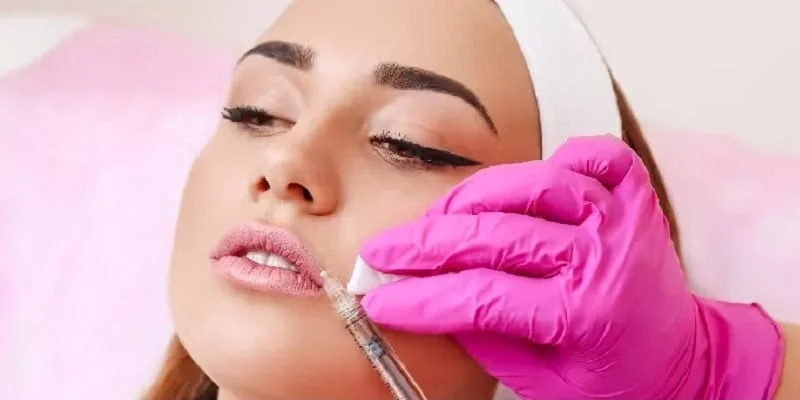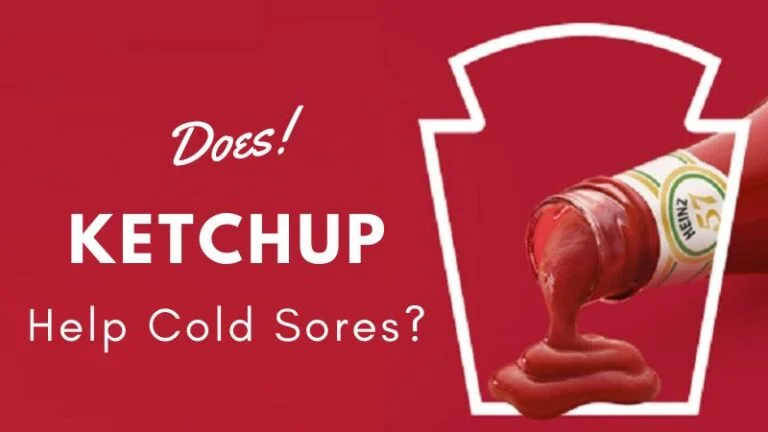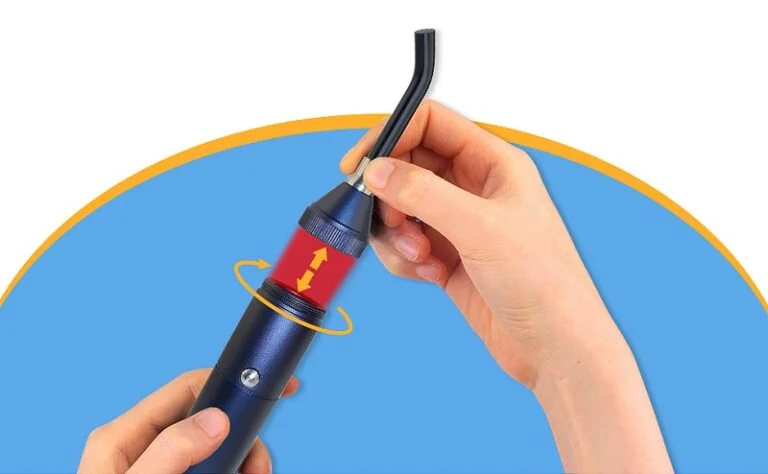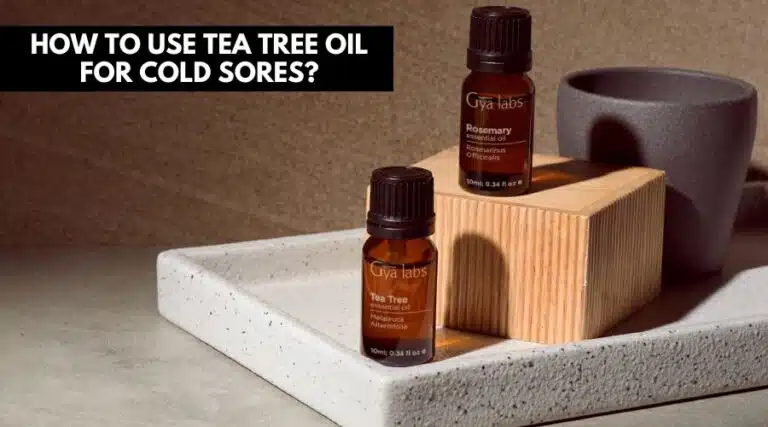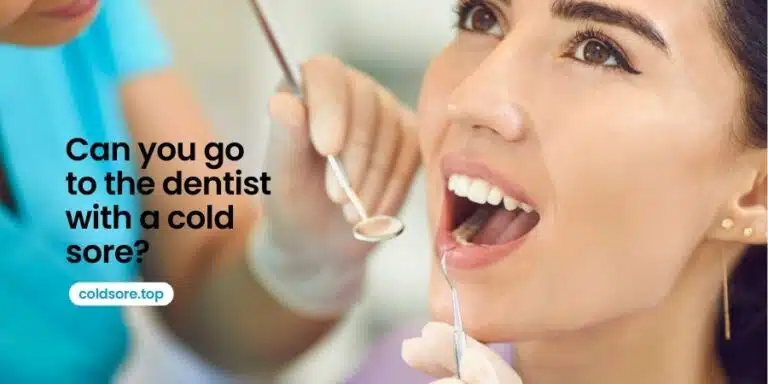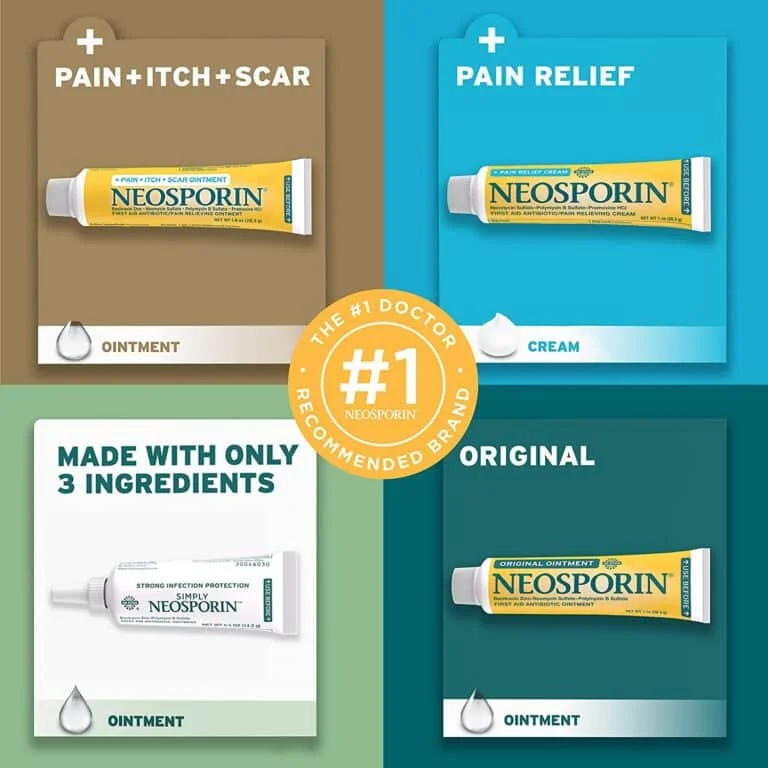How to treat cold sores after lip fillers?
Do you know that treating cold sores after lip fillers is important, usually you don’t have to drink or eat for a few hours to avoid swelling but if you have cold sores you have to be more vigilant to protect yourself.
Lip fillers have gained popularity as a cosmetic procedure for individuals seeking lip reshaping or increased volume. However, it is important to understand the potential complications associated with lip fillers, including cold sores.
Cold sores, also known as oral herpes, can be triggered by various factors such as stress, fatigue, sun exposure, hormonal changes, and a weakened immune system. Now the question arises: Can lip fillers also trigger cold sores? Let’s delve into this topic to gain a better understanding.
How to treat cold sores after lip fillers? Key Information
Treating Cold Sores After Lip Fillers:
If you experience a cold sore outbreak after receiving lip fillers, it is essential to take appropriate measures to treat and manage the condition. Here are some steps you can follow to alleviate discomfort and promote healing:
Consult a Medical Professional:
As soon as you notice a cold sore developing or if you suspect an outbreak, it is advisable to consult a medical professional. They can provide an accurate diagnosis and recommend an appropriate treatment plan based on your specific situation.
Prescription Medications:
Your doctor may prescribe antiviral medications to help manage and control the cold sore outbreak. These medications, such as acyclovir, valacyclovir, or famciclovir, work to suppress the herpes simplex virus and reduce the duration and severity of cold sores.
Over-the-Counter Cold Sore Treatments:
Over-the-counter (OTC) topical creams and ointments specifically formulated for cold sores can help alleviate symptoms and promote healing. Look for products containing ingredients like docosanol or benzyl alcohol. One popular OTC treatment option is Abreva, which is available in most pharmacies.
Keep the Area Clean:
Gently cleanse the affected area with mild soap and water to keep it clean and prevent infection. Avoid picking at or scratching the cold sore, as this can prolong healing time and potentially lead to scarring.
Apply Cold Compresses:
Applying a cold compress or ice pack wrapped in a clean cloth to the affected area can help reduce pain, swelling, and inflammation associated with cold sores. Apply the compress for a few minutes several times a day.
Avoid Triggers:
Identify and avoid triggers that may exacerbate cold sore outbreaks. These triggers can vary from person to person but may include stress, excessive sun exposure, fatigue, hormonal changes, and a weakened immune system. Taking steps to minimize these triggers can help prevent future outbreaks.
Maintain Good Hygiene:
Practice good hygiene by washing your hands regularly and avoiding direct contact with the cold sore. This will help prevent the spread of the virus to other areas of your body or to other individuals.
Protect Your Lips:
Shield your lips from harsh weather conditions, such as extreme cold or strong UV rays, by using lip balm with SPF and wearing a scarf or using a lip balm with SPF when outdoors.
Follow Post-Treatment Care Instructions:
If you have recently undergone lip filler injections, it is crucial to follow your doctor’s post-treatment care instructions diligently. This may include avoiding certain activities or products that can irritate or disrupt the healing process.
FAQs:
What Are Lip Fillers?
Lip fillers, formally known as lip augmentation, are a type of cosmetic surgery procedure designed to reshape or enlarge the lips. There are two common types of fillers used: hyaluronic acid (HA) and polyacrylamide (PA).
It is worth noting that not all lip fillers are FDA-approved, so thorough research and consultation with a medical professional are vital to ensure your safety and well-being.
Can Lip Fillers Trigger Cold Sores?
For individuals with a history of cold sores, caution should be exercised when considering lip filler procedures. While lip fillers themselves do not directly cause cold sores, they can potentially trigger an outbreak if you already carry the herpes simplex virus (HSV-1).
It is essential to understand that the direct cause of cold sores is HSV-1, not lip fillers. If you have a pre-existing herpes simplex virus, the introduction of lip fillers may stimulate the occurrence of a cold sore outbreak.
Are Cold Sores After Lip Fillers Common?
The good news is that cold sores after lip fillers are relatively rare. In fact, they are not considered a common complication, along with allergic reactions and vascular embolism.
Studies indicate that less than 2% of patients experience a cold sore outbreak after receiving dermal injections with hyaluronic acid. Despite the low occurrence rate, it is advisable to be prepared if you are prone to cold sores.
Consultation with a medical professional before undergoing lip fillers is recommended. They can provide guidance on preventive measures and prescribe medication, such as Abreva or other cold sore remedies, to have on hand in case of future outbreaks.
Conclusion:
While lip fillers themselves do not cause cold sores, they may trigger an outbreak if you already carry the herpes simplex virus. It is important to prioritize your health and safety by consulting with a medical professional, conducting thorough research, and taking necessary precautions before undergoing any cosmetic procedures.

